„How strange the country we lived in was! Every family had its secret, a story of its own!” This is the bitter conclusion that Maya Duran, the protagonist of Zülfü Livaneli’s novel „Serenad” („Serenade”), reaches – or rather one of the conclusions that she draws at the end of an unexpected journey that she takes with Maximilian Wagner, an American Professor of German descent, not only to the – otherwise familiar – places of her native Turkey but also into the less familiar past of her country; and equally so, into the past of late 1930s’ Europe.
Published in 2011, an instant bestseller in Turkey, translated into many foreign languages, this book evinces Livaneli’s great narrative talent, while also approaching a series of topical issues that are recurrent in contemporary literature: the relation between the apparently tranquil, happy present and a past streaked with secrets, the difficulty of communicating even with the closest ones, one’s need for affection, the power of hope to bring back righteousness and beauty to the world. Known as a man of letters and music, director and screenwriter, but also as a political activist and stout-hearted supporter of human rights (an activity for which he was sentenced to prison several times in the 1970s and 1980s, subsequent to which he went on exile to a number of countries in Europe and to the United States for more than a decade), Zülfü Livaneli is one of the iconic voices in the Turkish cultural world. His fiction writings are focussed on human loneliness in a world dominated by violence or indifference, as well as on addressing the way in which major historical events impact on individual choices and stances. A historical and atmospheric novel, now and again dotted with genuine thriller touches but also evincing the writer’s psychological insight, „Serenad” mainly tells two (Maya’s and Maximilian Wagner’s) impressive life stories, while also recovering an entire history and challenging the readers to assess its implications, as well as the relations between people.
The story starts with the depiction of the trans-Atlantic flight on which Maya Duran travels to Boston in 2001 to pay her respects to Professor Wagner. But the protagonist’s journey is doubled by an evocative travel back in time, whereby she recalls meaningful events in the recent past and re-seasons older ones, including the tragic history of the Struma ship, which sank in February 1942 on the Istanbul seashore, having on board nearly eight hundred Jews who were bound for Palestine, hoping to escape from the persecution and the terror of the Nazi regime. Maya pieces together her own memories, Professor Wagner’s confessions, the conclusions to her own research and, at the end of this enterprise, she will have a better grasp of both the great historical events and of the reasons for which some members of her own family had chosen to hide their past and their ethnic origin, to live under the burden of great secrets which might have blown up at any moment the semblance of stability of the present.
Aged 36 and divorced, raising (almost) by herself her son, Kerem, a troubled teenager with adjustment and communication disorders who is confronted with the fascination exerted upon him by – the time and again – dark universe of the Internet, Maya works at the University of Istanbul, where she caters to foreign visitors. It is in this capacity that she meets eighty-seven-year old Maximilian Wagner, who has arrived in Turkey in order to give a lecture, but also driven by his desire to visit certain places in Istanbul and to take, in his own way, his leave of his wife, Nadia, who had perished in the tragic sinking of the Struma. Albeit quite reluctant at first, it is not before long that Maya grows an unexpected affection towards Max, who turns out to be not only a much better expert on Turkey than she might have imagined, but also a subtle analyst of the human soul. The story of life and love, the suffering and secrets of this charming, elegant octogenarian pundit, make Maya eager to find out more about her own family and she thus becomes aware of the ordeals of both her paternal grandmother (of Armenian descent) and her maternal one (a member of the Tatar minority in Crimea), both of whom had been forced to take on different identities in order to protect themselves from the terror and persecution that defined the history of Turkey in the twentieth century. The image of Nadia, the Jewish woman hounded by the Nazis, overlaps with the image of Maya’s grandmothers, both persecuted by the Turkish nationalists, and thus the tragedy of the destinies of the past mirrors, albeit partially, the dramas of the present. Therefore, it should not come as a surprise that Maximilian Wagner’s troubled existence opens for Maya a symbolic window that allows her to look at her own life and especially at the past lives of her kin, the ones whom, for years on end, she had been convinced she knew, only to belatedly realize that almost nothing of what she knew or thought she knew was also true.
Livaneli unhesitatingly resorts to bold returns in time, he narrates the same events from different perspectives (what Maya knows about her grandmothers is in stark contrast with the version that her brother, Necdec, an officer in the Turkish Army and a stout nationalist, provides), he nuances certain events and explains the significance of others. Thereby, „Serenad” („Serenade”) imperceptibly becomes, from an apparently historical novel or a narrative centred on faculty members more or less fascinated by their own ivory tower, a haunting story of loss and separation, failure and success – all of which may be interchangeable in a world which, be it in the 1940s or nowadays, seems to have lost its set of values and its moral benchmarks. For, in the 1930s and 1940s Turkey had become the adoptive country of many German intellectuals, some of them of Jewish descent, who, having taken flight from Hitler’s persecutions, set up the modern system of higher education in Istanbul and Ankara. Incidentally, one of them was the famous researcher Erich Auerbach, who wrote his famous work Mimesis from 1942 to 1945, while he was living in Istanbul. This fact, lesser-known other than by the historians specialized in World War II, is of utmost importance to Max Wagner’s past. For, even if he is a German of good birth, with a degree in Law and a talent for music, the author of an impressive ‘Serenade’ dedicated to Nadia – hence the title of Livaneli’s novel – he is married to a Jewish woman. And he is therefore forced to flee his country for Turkey, where he will nevertheless fail to find happiness with his wife, who tragically perishes, alongside hundreds of people, in the shipwreck of the Struma. It is yet another instance of ordinary people falling victim to the political decisions of the all-powerful – one must not lose sight of Great Britain’s involvement in this harrowing event, because, even if it was torpedoed by a Soviet submarine, the Struma was destroyed, albeit indirectly, because of the British too: Palestine was under British Mandate at the time and the British did not want the arrival of the Jewish fugitives there to bring about more waves of refugees… And if Max Wagner’s story symbolically mirrors Maya’s one, the tragic story of those on board of the Struma in February 1942 is but a reminder of the countless similar stories of the present-day migrants, many of whom often end up in the great cemetery of the Mediterranean Sea…
But the novel is, at the same time, a genuine Bildungsroman. Certainly, Maya is a mature woman, but as she is about to realize it herself once Max Wagner unexpectedly enters her life, age is something devoid of relevance when it comes to adequately comprehending facts and to becoming thoroughly acquainted with history – even if for her history means, at least in the beginning, the past of her own family. But her insight into her two grandmothers’ descent and secrets is just one step away from her grasping the importance of history and of truth. And Maya will resolutely take that step, having beside her the old Professor, a genuine mentor and fountainhead, her guide on the path towards that comprehension which, painful as it may be, is a prerequisite to the life that she intends to live as of this moment: one based on truth, on essence, rather than on the illusory beliefs and assertions of pseudo-historians who are only apt at embellishing (or distorting…) the events of the past in order to conjure up a present devoid of any real foundation.
Certainly, one might castigate the novel – and some exegetes have unhesitatingly done it – for its sentimental touches or for attributing many of the author’s own beliefs to Maya who, had she not appropriated them, could not have had, at least in the beginning, the acumen that would have allowed her to decipher in such lucid a manner the implications of the major decisions made in history. But, given Livaneli’s prowess and his rare knack at devising, be it in a few sentences, unforgettable characters and descriptions, what might have been, with a less talented writer, a mere maudlin narration or a dry political discourse, becomes a telling, indelible book, both by the message it conveys and by its artistic details, which the writer has constantly been heedful of. Well acquainted with the implications of oppression, having himself fallen victim to political persecution, but whole-heartedly convinced that beauty and righteousness can change the world we live in, Livaneli conceived „Serenad” as a subtle protest against tyranny in all forms and ages, one intertwined with some eloquent stories of life and love (and equally about love) that succeed in bringing hope – not only in the hearts of the protagonists, who eventually manage to come to terms with their past (as does Max) or to muster their courage to build a future based on their own choices (as does Maya), but also to the readers, who are beckoned into a realm where, upon contemplating the choices they have made in life, they will be able to reflect upon their own past – or present.
Translated into English by Mirela Petraşcu
Zülfü Livaneli, „Serenad” („Serenade”)/„Serenadă pentru Nadia”, translated into Romanian by Luminiţa Munteanu, Humanitas Fiction Publishing House, Bucharest, 2022




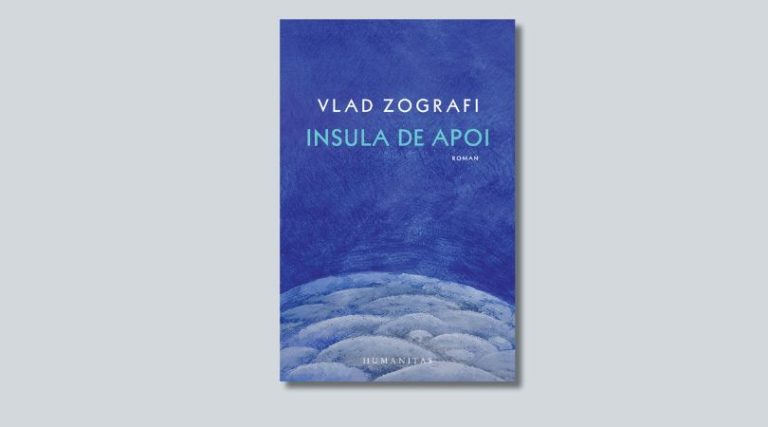
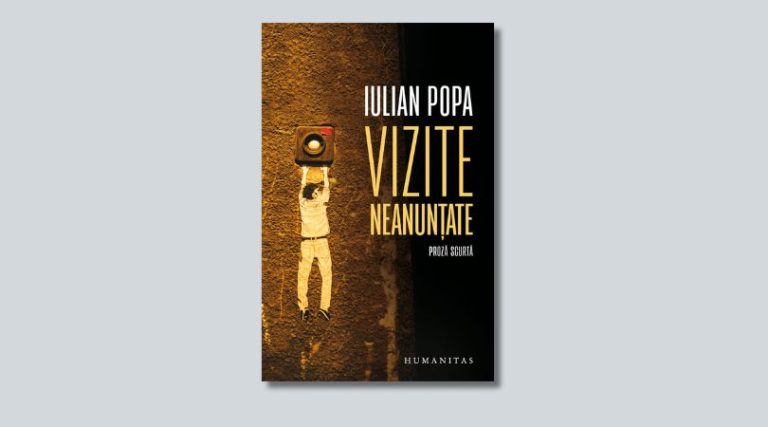

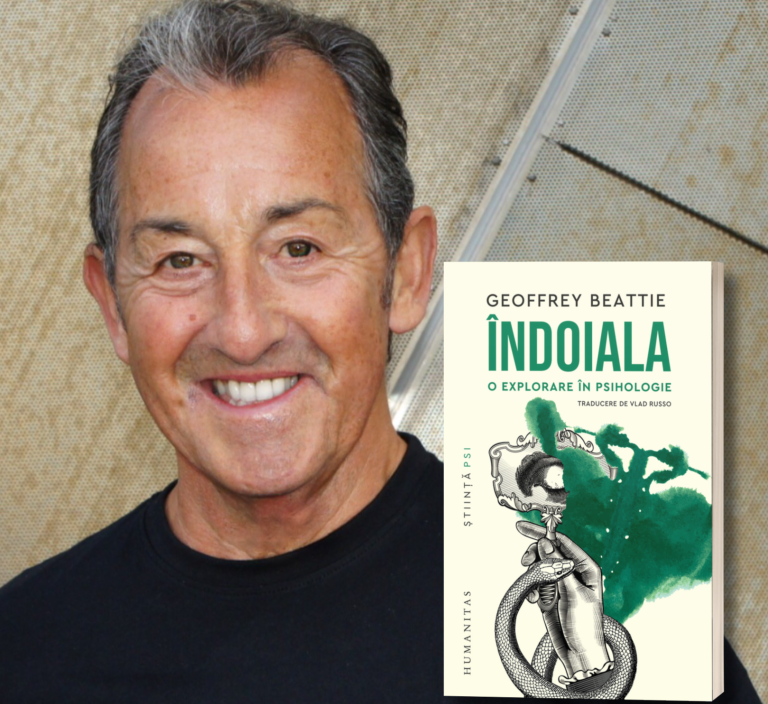
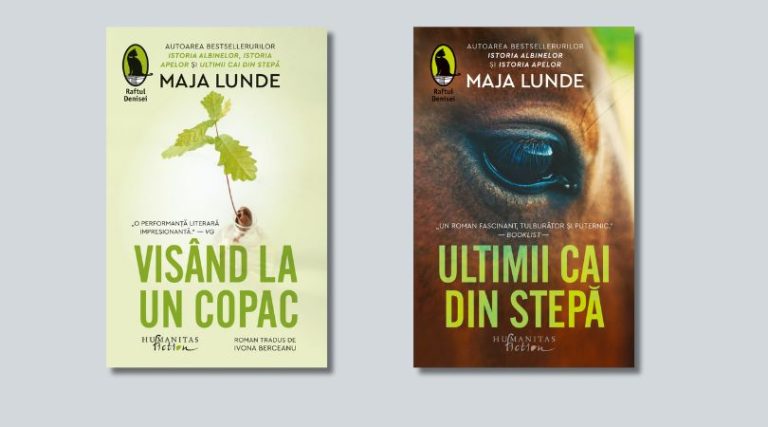






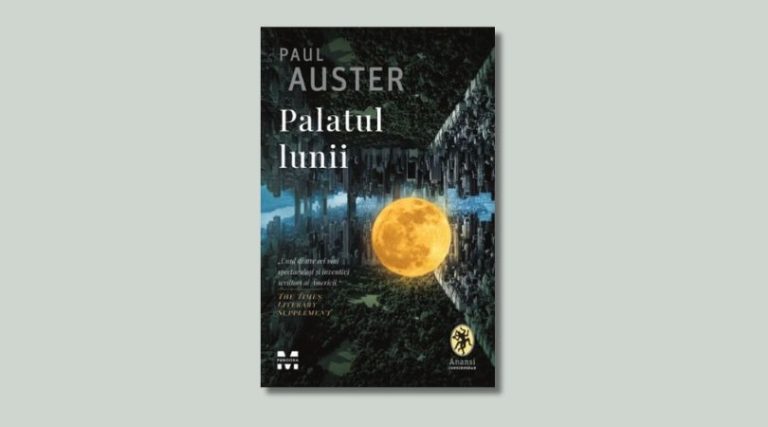









Scrie un comentariu